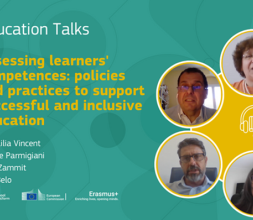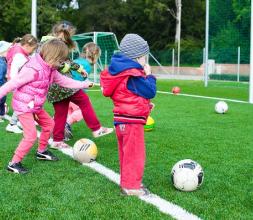
Survey on reinforcing the attractiveness of teacher careers - Results
School education is only possible thanks to teachers. They help children develop essential skills for their future working life and become active and responsible citizens. However, most EU countries struggle to engage young teachers and to keep experienced teachers in the job, which increases the need to reinforce the attractiveness of teacher careers.










